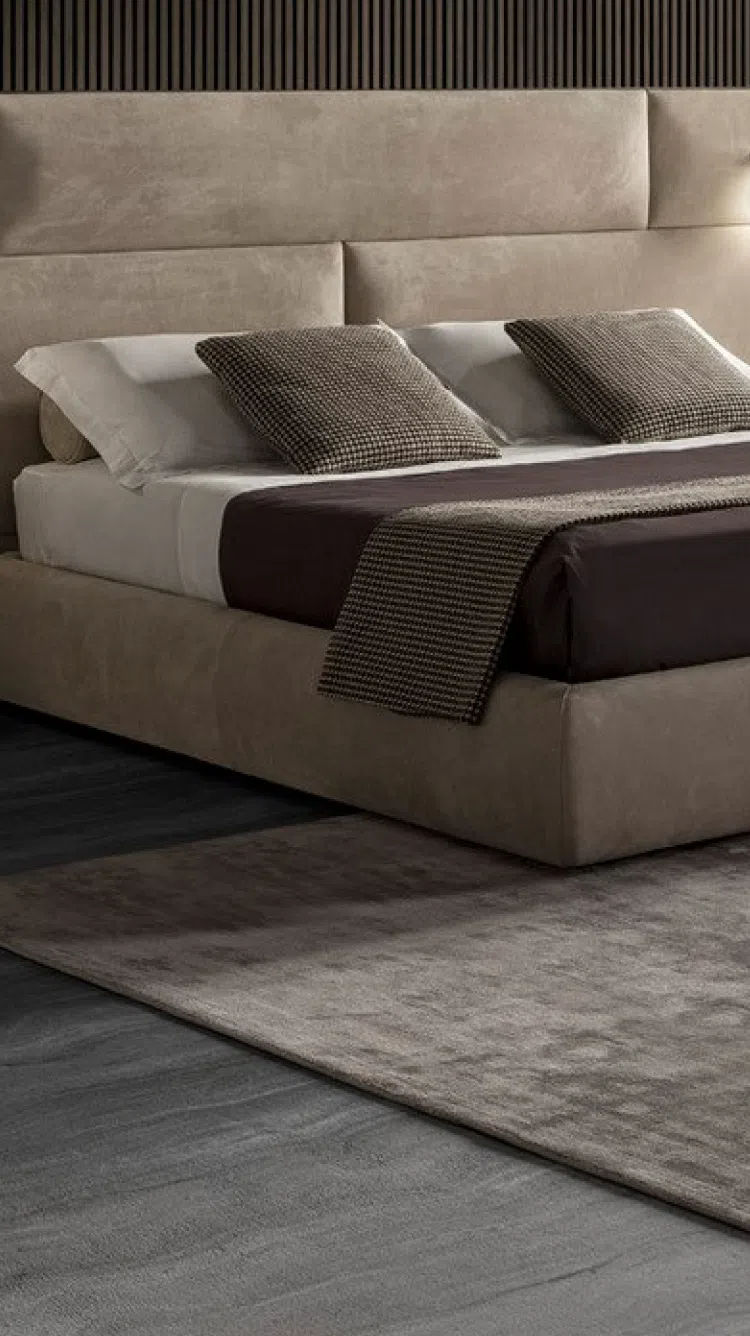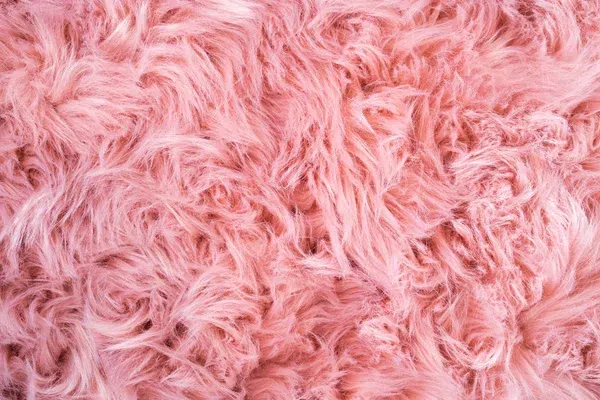Artificial wool, often referred to as faux wool or synthetic wool, is a man-made fabric designed to mimic the properties of natural wool, which is derived from the fur of animals such as sheep. Faux wool is created from various synthetic fibers to provide some of the warmth, texture, and aesthetic characteristics of real wool, but without the use of animal products, making it a popular choice for those seeking vegan or more animal-friendly materials.
Here's a detailed description of artificial wool in the context of furniture materials:
Composition:
Artificial wool is typically crafted from polymeric fibers such as acrylic, polyester, and nylon. These materials can be engineered to replicate the loft, warmth, and feel of genuine wool.
Characteristics:
Durability: Synthetic wool is generally strong and durable, resistant to moths, and can withstand heavy use, which is important for furniture that sees a lot of wear and tear.
Maintenance: Unlike natural wool, faux wool is usually easier to clean and is often machine washable or wipeable. It is less likely to felt when exposed to high temperatures and agitation.
Hypoallergenic: For individuals sensitive to natural wool fibers, artificial wool can be a hypoallergenic alternative that won't irritate skin or cause allergic reactions.



